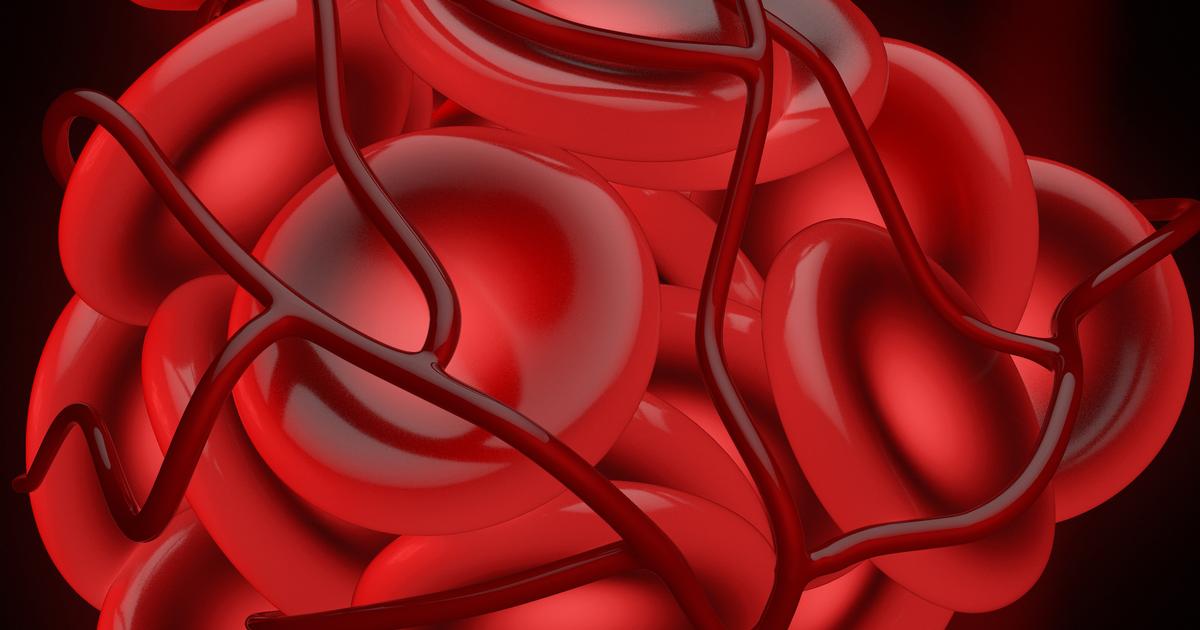Warning Signs Of Venous Insufficiency
Itchy Skin

Individuals with venous insufficiency might report having intensely itchy skin. This symptom is caused by the pooling of blood associated with this condition and skin inflammation. The itching sensation normally affects the lower legs. If redness and swelling are also present, doctors may identify this symptom cluster as a separate condition called venous stasis dermatitis.
Lifestyle modifications such as the use of compression stockings and elevating the legs above the level of the heart while resting could help ease the symptoms of this condition. Patients are also advised to avoid standing still for prolonged periods and take breaks for walking as often as possible. Antihistamines and corticosteroid creams may be prescribed to reduce skin itching. In severe cases, doctors could consider surgical procedures to repair the veins. Many of these can be performed on an outpatient basis.
Blood Clots

Blood clots are a potentially serious symptom of venous insufficiency. If left untreated, blood clots could dislodge and travel to the lungs, where they could become life-threatening. Patients with blood clots could notice pain, swelling, redness, and warmth in the leg. Blood clots usually occur in only one leg at a time, and patients might notice the leg with the clot is larger than the unaffected leg. In the late stages, the pain of a blood clot in the leg could become so severe that the patient experiences pain from the slightest touch to the area. For example, placing a sheet over the affected leg could cause excruciating pain.
Emergency medical care should be obtained for any of these symptoms. Once patients are at the hospital, doctors will perform imaging studies and blood tests to determine the size and location of the clot. Intravenous medications may be administered to dissolve the clot, and some patients may require surgery or treatment in intensive care. Patients recovering from blood clots will be placed on anticoagulants to prevent future blood clots, and they will be encouraged to make appropriate lifestyle modifications such as smoking cessation and regular exercise. Patients will be monitored closely by their physicians at frequent follow-up appointments.
